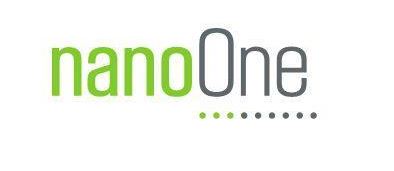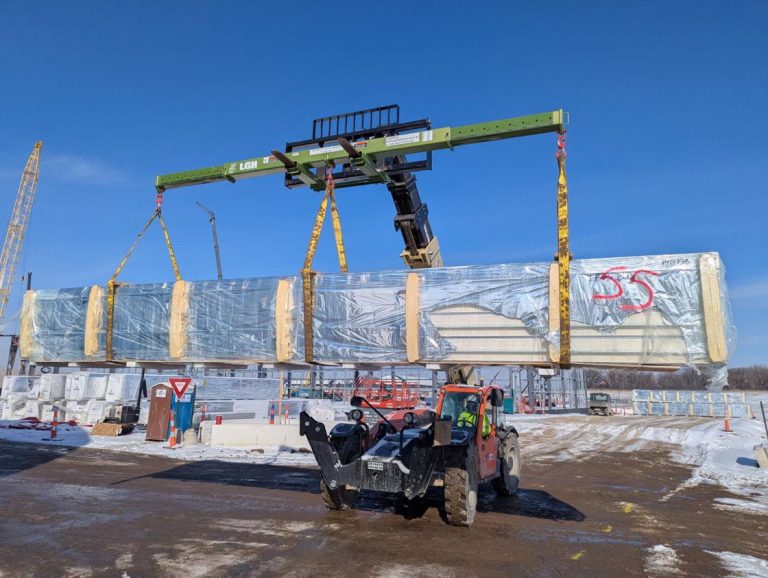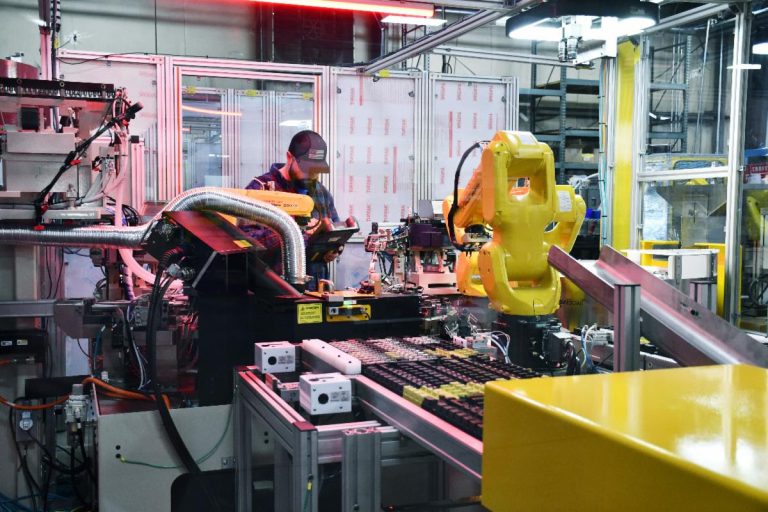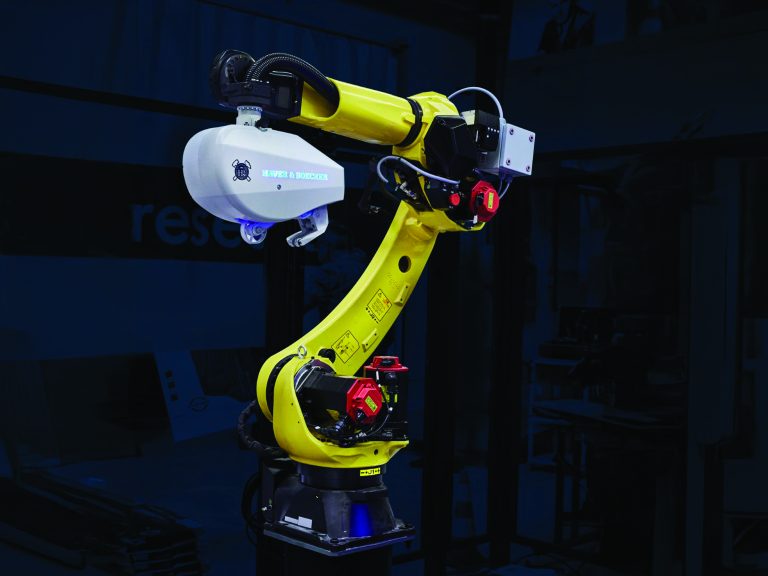- Engineering report to help advance commercial adoption of Nano One LFP technology
- Enhanced design specifications, tighter budgetary estimates, and improved economics
- Rising global enthusiasm for LFP with auto companies announcing 600 km range EVs
Mr. Dan Blondal, CEO at Nano One, has announced that Nano One has completed a detailed engineering report that enhances design specifications, tightens budgetary estimates and models improved economics for the commercial-scale production of lithium-ion battery cathode materials using Nano One’s patented process technology.
“We now have improved economics, and enhanced design specifications on a 4800 tonne per year manufacturing line for the production of lithium iron phosphate, known as LFP,” said Mr. Blondal. “The details in this engineering report will help advance the marketing and commercialization of Nano One technology. The results present tangible and meaningful cost reductions in equipment, construction, and operating expenses. It will showcase and advance the licensing and joint venture prospects of our patented one-pot cathode materials and production processes.”
The report was prepared by Noram Engineering and Constructors of Vancouver, British Columbia. Enhanced budgetary analysis and economic modeling in the report reveals a reduction in equipment and operating expenses from last year’s estimates which complement raw material cost reductions announced in partnership with Pulead Technology in December 2019. The report also provides design specifications, process diagrams, flow sheets, mass balance, and plant layout.
The engineering specifications and economic modeling in this report enhance the value of Nano One’s technology and strengthen Nano One’s commercial opportunities with Pulead and other global strategic interests. Further, the report forms an engineering basis for Nano One’s other cathode materials, namely lithium nickel manganese cobalt oxide (NMC) and lithium nickel manganese oxide (LNMO).
“LFP is experiencing renewed market enthusiasm,” added Mr. Blondal, “because global leaders BYD, CATL, and Tesla have announced high energy density LFP battery packs in vehicles that facilitate driving ranges up to 600 km. These innovations could radically expand the global demand for LFP cathode materials beyond Asia and into North America, Europe, and other markets. This represents a tremendous opportunity for Nano One to leverage its low-cost production of LFP and to advance its commercial prospects.”











